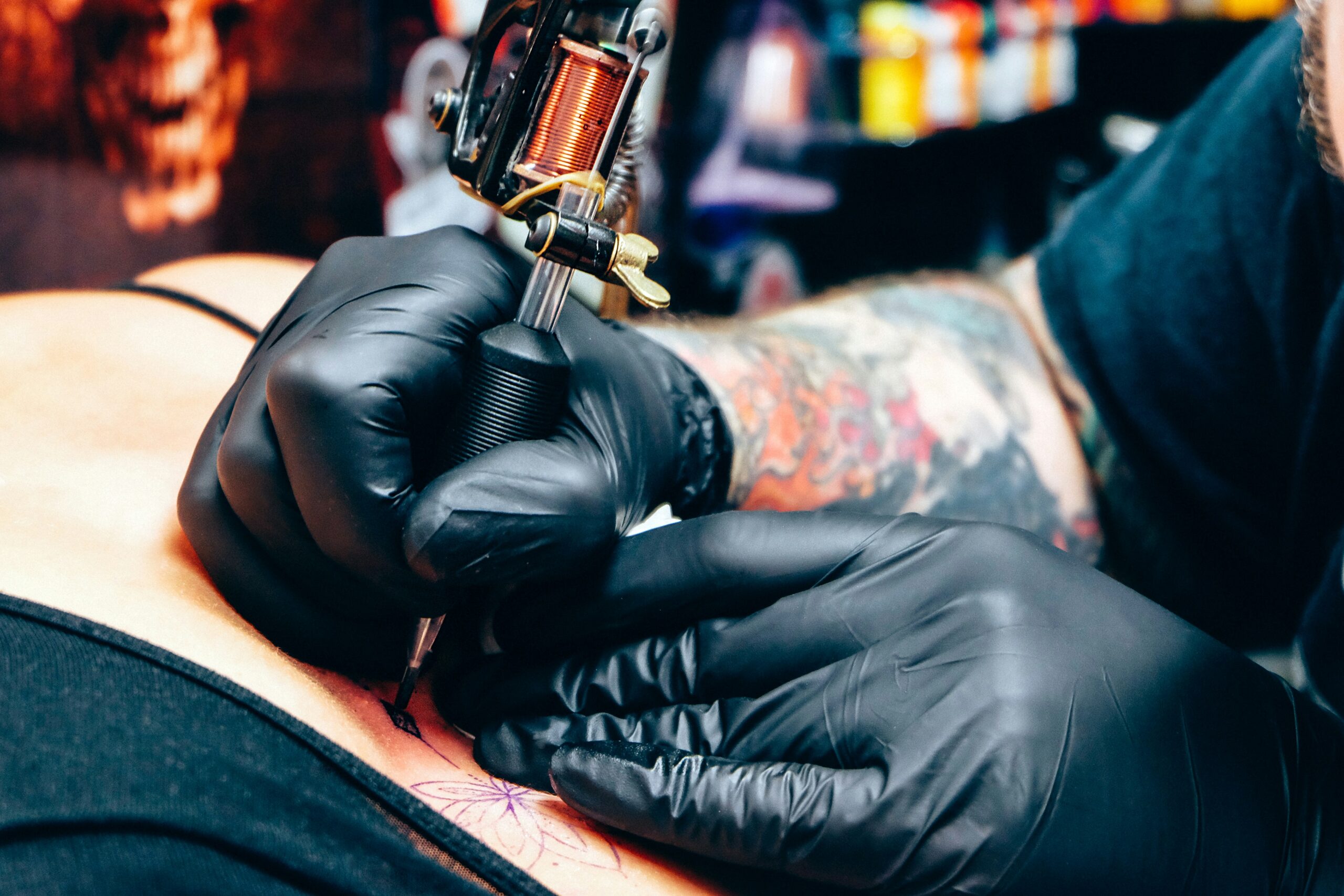Tattooing is both an art and a craft, and like any craft, the tools you use can make a world of difference. Whether you’re a budding tattoo artist considering your first machine or a curious enthusiast wondering about the equipment behind the ink, understanding the differences between DIY tattoo machines and professional-grade equipment is essential. This article explores these differences in depth to help you appreciate why investing in the right tools matters — for the quality of your work, your safety, and your artistic growth.
What Is a Tattoo Machine?
At its core, a tattoo machine is a device that drives needles rapidly in and out of the skin to deposit ink. Despite appearing simple, tattoo machines require precise engineering to deliver consistent, safe, and high-quality results. The tattoo industry offers a wide variety of machines — from homemade DIY devices to state-of-the-art professional equipment used in top studios worldwide.
DIY Tattoo Machines: What Are They?
DIY (Do-It-Yourself) tattoo machines are typically homemade or low-cost machines assembled from easily accessible parts or kits. They have gained popularity among beginners and hobbyists because they offer an affordable entry point to tattooing. However, these machines come with their own set of advantages and limitations.
Advantages of DIY Machines:
- Cost-Effective: DIY machines usually cost a fraction of what professional machines do, sometimes just a few tens of dollars.
- Hands-On Learning: Building or modifying your own machine can deepen your understanding of tattoo mechanics and improve your skills.
- Accessibility: Parts and instructions are often readily available online, allowing quick assembly or repair.
Limitations and Risks of DIY Machines:
- Inconsistent Performance: DIY machines often suffer from poor build quality leading to irregular needle movement and uneven tattoo lines.
- Durability Concerns: Cheaper materials tend to wear out quickly, requiring frequent repairs or replacements.
- Safety Issues: Poor electrical insulation or faulty components can lead to shocks, overheating, or contamination risks.
- Limited Control: Many DIY models lack adjustable settings, making it harder to adapt to different tattoo styles or skin types.
- Increased Risk of Skin Damage: Unstable needle speed or depth may cause unnecessary trauma to the skin, prolonging healing and causing scarring.
For these reasons, most professional artists recommend using DIY machines strictly for practice on synthetic skin or other non-human surfaces rather than real tattoos.
Professional Tattoo Machines: What Sets Them Apart?
Professional tattoo machines are engineered with precision, using high-quality materials and advanced technology. They are designed to offer reliability, versatility, and safety — crucial factors when creating tattoos that will last a lifetime and keep clients healthy.
Key Characteristics of Professional Machines:
- High-Quality Materials: Components are often made from stainless steel, aluminum, or brass, ensuring durability and corrosion resistance.
- Precision Engineering: These machines offer smooth and consistent needle strokes, allowing for sharp lines, flawless shading, and vibrant color saturation.
- Customization and Adjustability: Professional machines allow artists to fine-tune needle depth, speed, and stroke length to suit various styles such as lining, shading, or color packing.
- Ergonomic Design: Designed for comfort, these machines reduce hand fatigue during long tattoo sessions.
- Safety Compliance: Manufactured to meet strict health and safety standards, reducing risks of contamination and electrical hazards.
- Variety of Types: Coil machines (classic, powerful), rotary machines (quiet, smooth), and pneumatic machines (air-powered, hygienic) offer different advantages tailored to an artist’s preference and technique.
Many professionals also invest in modular systems, where components like the motor or grip can be swapped, further enhancing versatility.
Why Does the Difference Matter?
1. Quality of Tattoo Work
Professional machines deliver consistent performance critical for achieving fine lines, smooth gradients, and even ink distribution. This precision ensures the final tattoo looks as the artist intended and ages well over time. DIY machines, on the other hand, often produce uneven lines, blotchy shading, or inconsistent ink saturation — all of which can require costly touch-ups or cover-ups.
2. Client Safety and Hygiene
Professional machines are designed with hygiene in mind. They are easier to sterilize and maintain, minimizing infection risks. In contrast, DIY machines may be difficult to clean properly, and lower-quality materials can harbor bacteria or cause allergic reactions.
3. Reliability and Longevity
Investing in a professional machine means fewer breakdowns and repairs, enabling tattoo artists to maintain a steady workflow. Frequent malfunctions in DIY machines can disrupt sessions and lead to client dissatisfaction.
4. Artist Comfort and Efficiency
Long tattoo sessions require comfortable, balanced machines to reduce hand strain and fatigue. Professional machines are ergonomically optimized, helping artists maintain precision throughout their workday.
Should Beginners Use DIY Machines?
While DIY tattoo machines can be useful for learning the mechanics of tattooing and practicing on synthetic skin, they are not recommended for tattooing real skin. Beginners should prioritize:
- Proper Training: Learn fundamentals from experienced professionals or accredited schools.
- Quality Starter Kits: Many reputable brands offer beginner-friendly tattoo machines that balance affordability with quality and safety.
- Health and Safety Education: Understanding sterilization, skin anatomy, and equipment maintenance is critical before tattooing clients.
Starting with professional equipment early on sets the foundation for a sustainable and respected tattoo career.
The choice between DIY and professional tattoo machines is more than just budgetary—it reflects an artist’s commitment to quality, safety, and professionalism. While DIY machines provide an accessible gateway into the craft, professional machines empower artists to realize their full potential and ensure client wellbeing. For serious tattoo artists, investing in reliable, high-quality equipment is a critical step towards creating beautiful, lasting body art.



